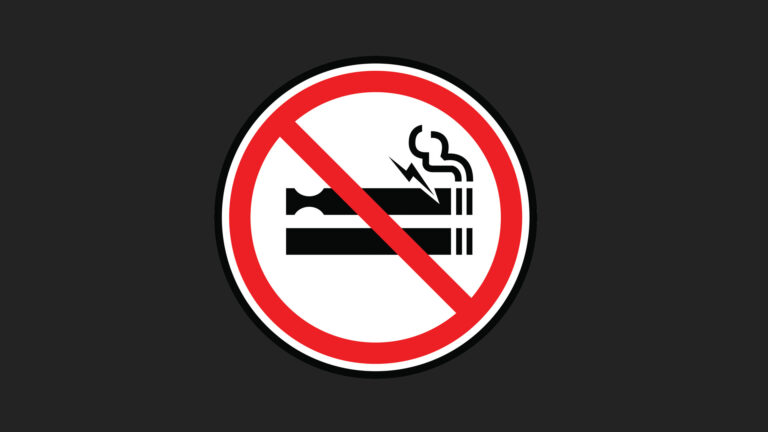

Following its initial announcement at Conservative Party conference last year, the legislation proposed by Prime Minister Rishi Sunak to gradually ban the sale of tobacco has passed its first vote in Parliament.
Aiming to create a “smoke-free generation”, the proposals would take effect from January 1st, 2027 and prohibit the sale of tobacco to individuals aged 15 or under.
This marks a pivotal moment in public health policy. Despite years of anti-smoking measures, more than 6.4 million individuals are still smoking in the UK, and it contributes to approximately 150 new cancer cases daily.
The UK isn’t unique. Smoking is a huge burden globally, claiming over 8 million lives annually and remains the leading cause of premature death. To alleviate this burden, almost all governments have moved forward with anti-tobacco measures.
When facing common challenges, countries rarely move in complete isolation. MHP’s Pressures and Perspectives report, published in 2023, highlighted how health policymakers regularly look to other countries and international bodies for policy inspiration, evidence and support.
The World Economic Forum (WEF) has previously highlighted six countries’ plans to bring in “smoking bans”. Yet, since WEF originally catalogued these national plans in August 2023, some of these countries have backtracked or diluted their proposals.
That looks unlikely to happen in the UK.
The ban has significant support among voters of the three main parties, with 72% of Conservative voters, 76% of Labour voters, and 76% of Liberal Democrat voters expressing favour towards the initiative.
New Zealand: From leader to laggard
The announcement of the UK’s government’s plans last year drew comparison with New Zealand’s efforts, who on 26 July 2022, were the first country in the world to propose and subsequently pass a tobacco law to ban smoking for the next generation, with implementation planned for July 2024.
This law was scrapped when a new administration prioritised cigarette sales revenue for tax cuts, sparking debate over short-term financial gains versus long-term public health benefits. This shift highlights the ongoing tension between economic interests and public health priorities in tobacco control strategies.
In the UK, the scrapping of New Zealand’s plans led to a Telegraph headline ‘Sunak goes it alone’, with Conservative MPs on the right of the party calling Sunak’s plan ‘eccentric’. Clearly, some stakeholders in the UK are leveraging changes in direction in other countries to persuade the government to back down.
Portugal: Half-measures?
Meanwhile, Portugal has embarked on its own journey towards a smoke-free future by 2040, introducing legislation to restrict tobacco sales to certain retailers and prevent the establishment of new smoking areas. However, the government has faced criticism and opposition from trade associations, with the national association of fuel retailers calling the plan unfair and disproportionate.
Delays and changes to the legislation caused an intervention from national and international medical associations. They castigated the government for their historic inertia and misalignment with World Health Organisation guidance.
Most of the proposed changes to Portugal’s tobacco law have faced delays following the dissolution of Parliament and subsequent election. Despite this, there have been new standards for heated tobacco products since January 16, 2024. The new (centre right) government is currently being sworn in and we will learn shortly whether Portugal will be more like the UK (where a centre-right Prime Minister is leading an anti-smoking charge) or New Zealand (where a centre-right Prime Minister has abandoned the ambitions of a previously left-wing government).
Will the UK be a trend-setter?
With rising costs from non-communicable diseases, particularly among lower-income countries, and the most deprived groups in higher-income countries, we can expect that other countries will be watching closely to gauge the impact of the smoking ban in the UK.
Interviews with policymakers have shown that if above-country bodies like the World Health Organisation or European Union start to support such action – even without legally binding states – that will accelerate adoption.
Regardless of its international impact, what is more certain is that the UK smoking ban will be implemented. Cross-party support means that a change of government is unlikely to have the same effect as seen in Portugal or New Zealand.